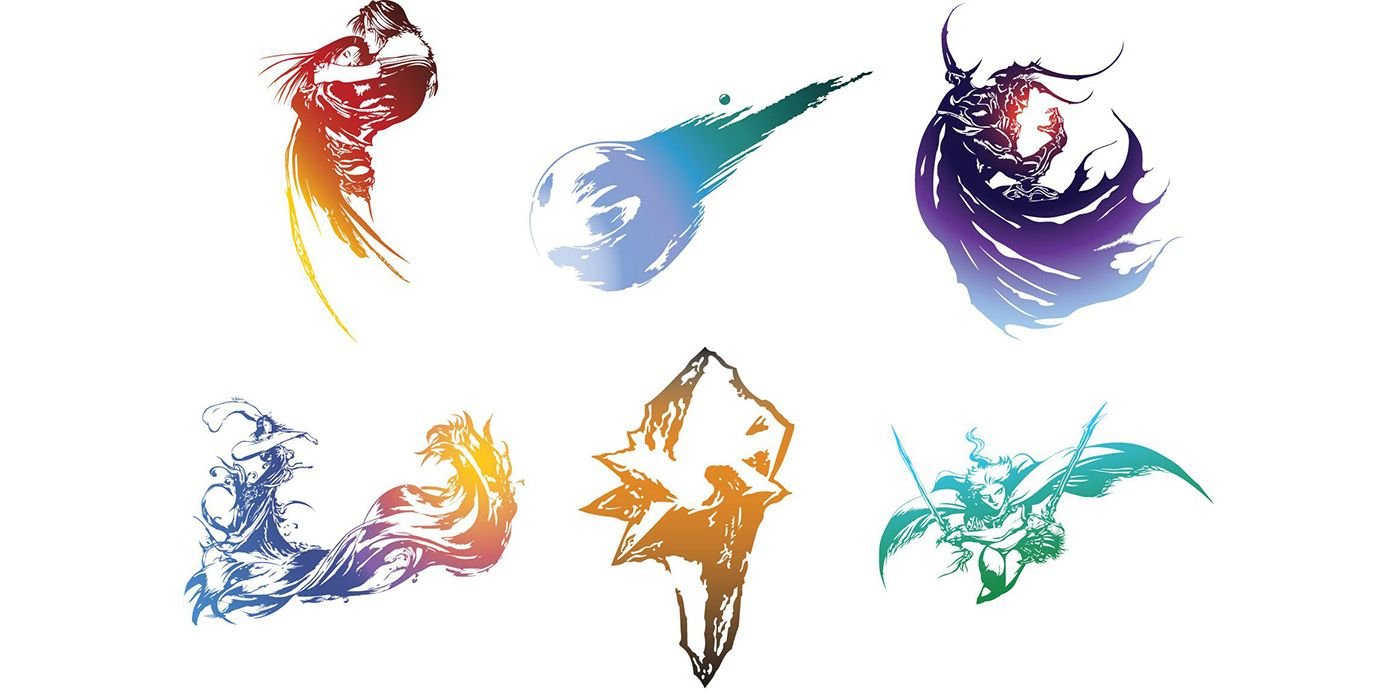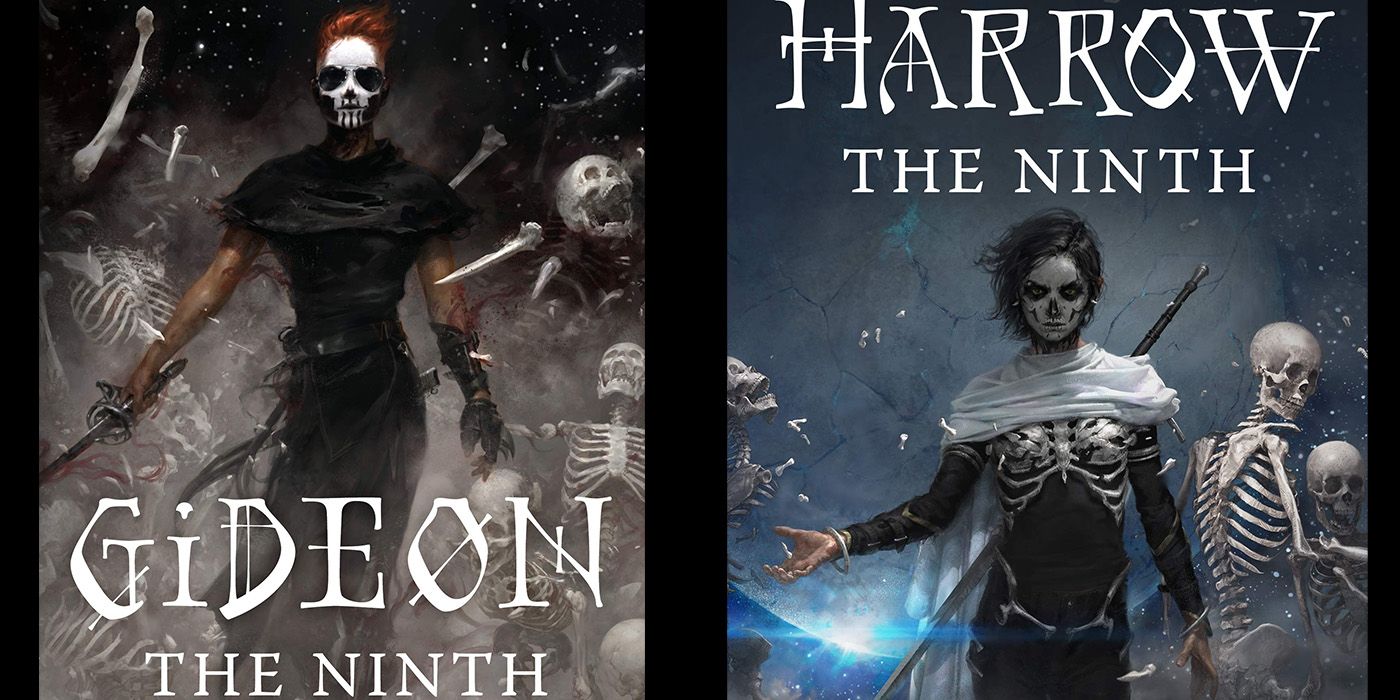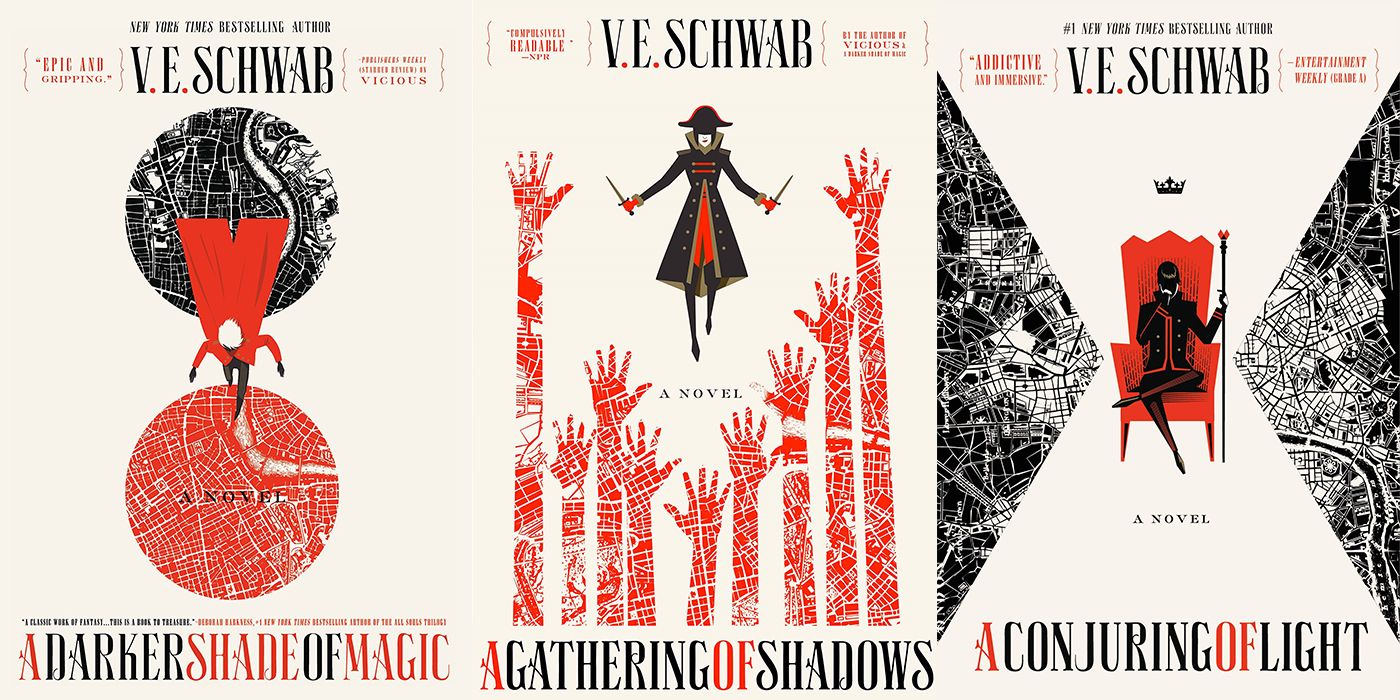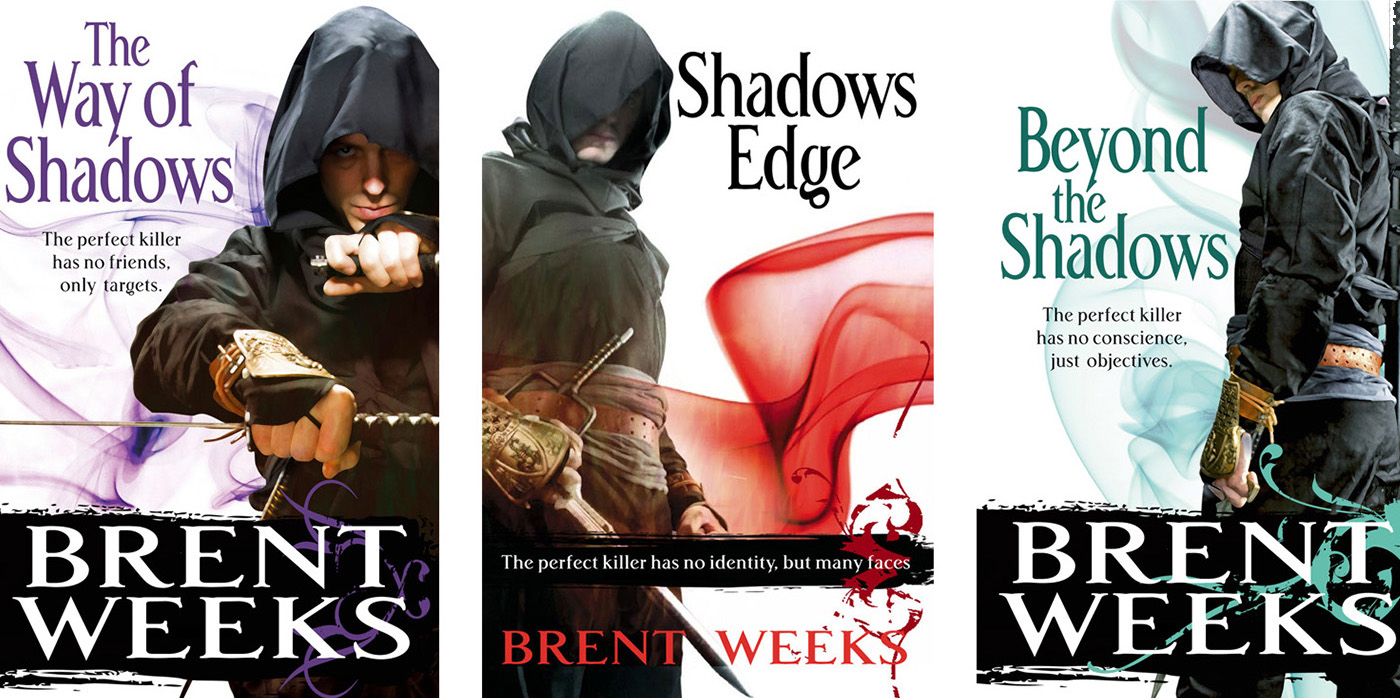
It must be acknowledged the storytelling in the Final Fantasy series is "uneven." The themes, tone, and emphasis on plot versus character vary from game to game, and some titles are objectively weaker than others. But more than its strict narrative merits, Final Fantasy is renowned for telling a specific, unmistakable style of story: one where the magic system shapes the story's premise and suffuses the setting absolutely. The characters may be archetypal, but they are also soaked with style, possess distinctive personalities, and each represent an unmistakable mood.
Worldbuilding is central to fantasy storytelling, but this is doubly true of Final Fantasy, even more than DnD, where the emphasis on adventure and colorful, ensemble interactions must come first and foremost. Fortunately, those eagerly anticipating their sojourn in Final Fantasy 16's Valisthea or the untold wonders waiting in Final Fantasy 14's Endwalker expansion can find stories that capture a similar marriage of magic, worldbuilding, and heroism at their local bookstores.
RELATED: Final Fantasy 16: 5 Things We Want (& 5 We Do Not)
These tales are tailor-made for people who enjoy playing with the concepts Final Fantasy represents. Not mere tourists, but those who keep themselves up at night considering the possibilities Magicite, Materia, Junctioning, and Eidolons represent. Players who find themselves day dreaming of places that don't exist and doing the impossible will be well served by these fantastic page turners.

The Final Fantasy franchise, particularly in its latter half, is known for mixing technology with magic, and many titles could arguably be considered works of science-fantasy rather than traditional fantasy. Many game franchises have taken the Final Fantasy concept to the stars, most notably Star Ocean, but Tamsyn Muir presents another intriguing alternative to the standard "anime and magic in space" approach. The first two books in her Locked Tomb trilogy in-progress, Gideon the Ninth and Harrow the Ninth, offer a science-fantasy adventure that is rooted in outer-space necromancy, rife with murderous rivalries, conflicted romances, and dialogue that cuts like a barbed wire bullwhip.
Gideon Nav is a compelling heroine, forced to lend her skilled sword arm to a venture she could care less about, were it not for her utter lack of options and incredibly high stakes. Her hated boss and partner in crime, Harrowhawk Nonagesimus, is an ambitious necromantic nun with a twisted mind and a sadistic streak. There are echoes of Dune in Muir's world building, with familial dynasties vying for god-like power in a space-fairing future, but her writing is fresher and funnier thanks to an absolutely wicked sense of humor. Every time the mechanics of the world, the grimness of the present situation, or the intricacies of the plot threaten to become overbearing, Muir cuts the tension with genuinely hilarious irreverence.
While the first book shares some commonalities with an Agatha Christie locked-room mystery, the series' blossoms into an epic adventure with enormous stakes. And the world's ecosystem of conjured skeletons and undead energy beg the same kind of playful speculation as Final Fantasy magic system mechanics. The characters, unhinged though they may be, are excellent company. While the tone strikes a balance between gallows humor grimness and gleefully savage banter, each book also hosts an emotional journey punctuated by moments of surprising poignance that hit as hard as a sucker punch.

V.E. Schwab's Shades of Magic series is partially set in our world—a realm that the Final Fantasy games have shied from to date—but its adventure and charms span several overlapping dimensions, saturated with varying types and degrees of magic. Similar to The Last Airbender and The Legend of Korra, Schwab's alternate dimensional takes on gas lamp-era London feature people with the ability to wield the powers of one of four cardinal elements. Furthermore, Antari, rare individuals with the ability to hop between dimensions and wield all four elements, also give off powerful Avatar vibes. But the interplay between the various dimensional shades of London again lend a hint of sci-fi worldbuilding to the proceedings that rings truer of Final Fantasy.
Those who adore the intricate, almost poetic spell effects of Final Fantasy will be well-served by Schwab's magical dueling. And those familiar with Final Fantasy or Bravely Default's job system may find themselves projecting classes onto the cast. Delilah Bard, the series' heroine, is unquestionably a Thief. Kell, the leading man, has Red Mage written all over him. Alucard, the cunning pirate captain, is obviously the same class as whatever Sephiroth was supposed to be: deadly and devastatingly seductive.
RELATED: Why Fans of Star Wars Should Read Saga

The Night Angel series will likely appeal to fans of the Assassin's Creed franchise, just as the Lies of Locke Lamora will go over well with Final Fantasy fiends. Like the preceding two authors, Brent Weeks' magic system is richly developed, featuring terminology that almost anatomically breaks down the relationship between magical energy, wielder, and output. But what really makes Night Angel Trilogy perfect for Final Fantasy fans, is the escalation and characterization of villains.
The Night Angel series has another commonality with Final Fantasy: Materia. Weeks does not refer to his magic crystal orbs as such, of course, and there are key differences between them, but the Ka'Kari relics grant those who wield them incredible powers. While people in Weeks' world can use many different kinds of magic, Ka'Kari wielders are like superheroes, on top of whatever other magical abilities they may have.
Kidding aside, Kylar's journey is by turns heroic, villainous, triumphant, and devastating. While the trilogy accelerates and condenses in its final book, the plot keeps its holds on the core characters, and their chronicle is both tragic and riveting. Those who crave stories where tremendous magic has tremendous cost will be well-served by the Night Angel Trilogy.
Final Fantasy 16 is currently in development for PlayStation 4. The books above are available at major booksellers.

